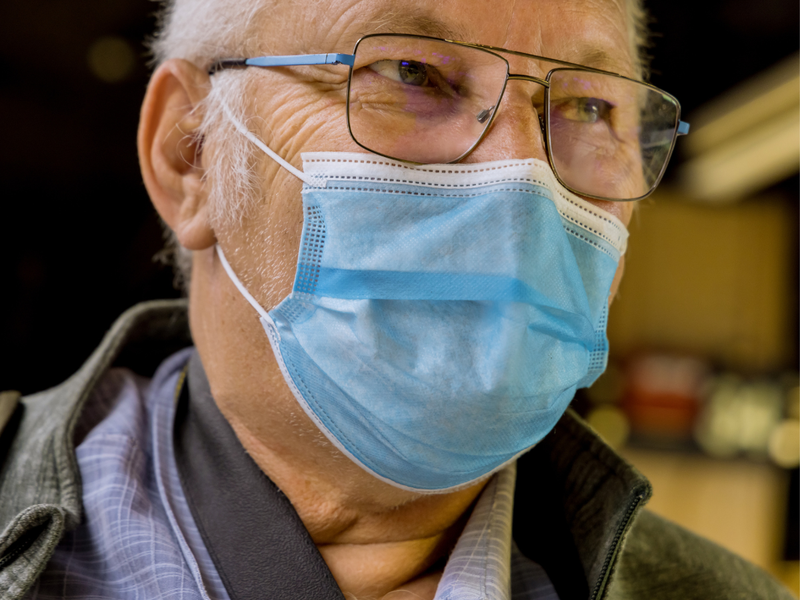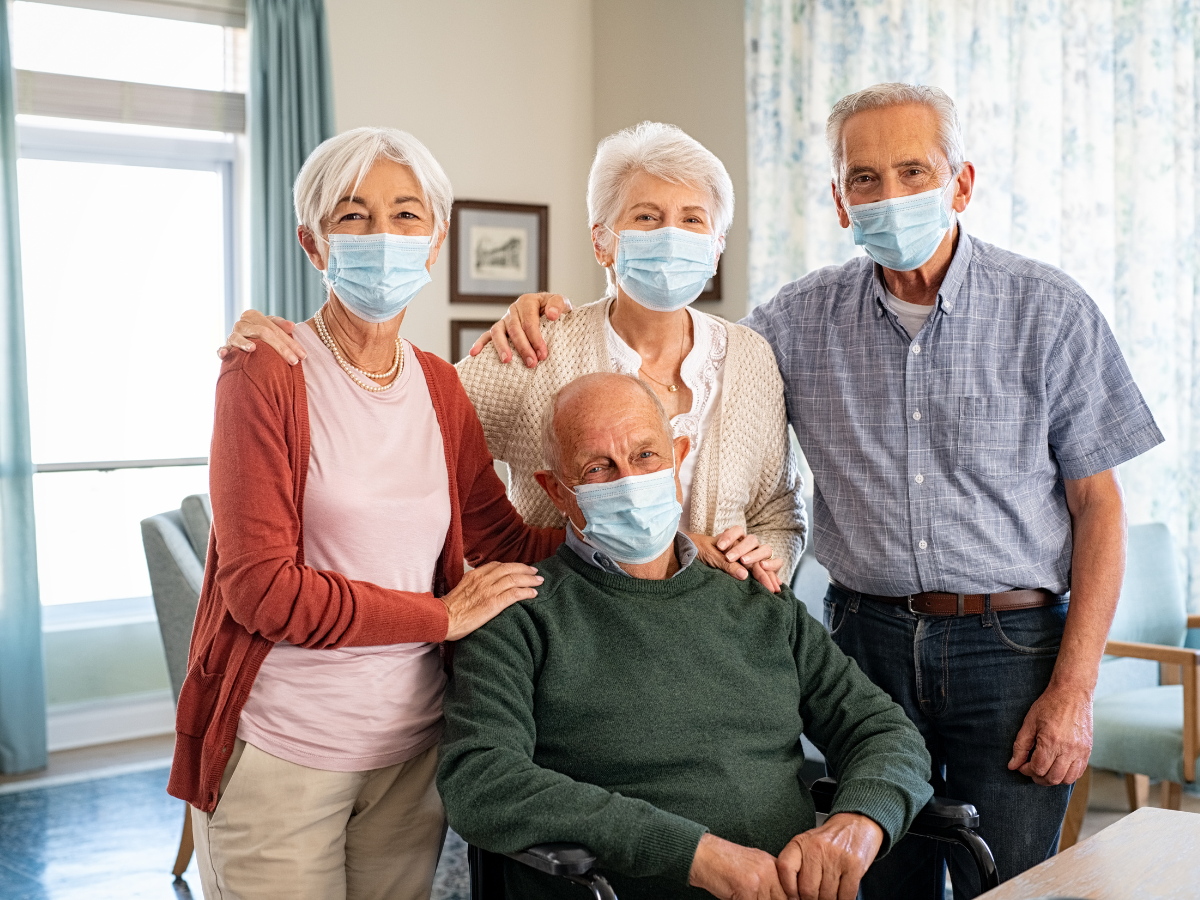While the COVID-19 vaccine has been available for well over a year now, many people still have questions about it. We have pulled together this article to help answer some of your COVID-19 vaccine FAQs. The CDC provides this information and applies to most adult individuals, though it is geared specifically to seniors and those at high risk.
This COVID-19 vaccine FAQ is Morrilton-specific and is meant to help address some of our clients’ most pressing concerns. However, it should not be taken as medical advice in any way, shape, or form. You should consult with your doctor for the best possible medical care for your specific diagnosis and circumstances.
COVID-19 Vaccine FAQ in Morrilton
Do I need a COVID-19 vaccine?
Anyone who is at risk of contracting the disease should seek out a COVID-19 vaccine to protect themselves from it. According to the CDC and World Health Organization (WHO), anyone in a high-risk category should seek out a vaccination. This includes:
- People over 65
- Immunocompromised people
- People with respiratory diseases
- People with heart diseases
- People with diabetes
- People in long-term care facilities
- People in contact with healthcare professionals
- People with asthma or other chronic conditions
If you fall into one or more of these categories, it is imperative that you consider receiving the COVID-19 vaccine. Vaccination is directly correlated with less time being ill and a lower risk of hospitalization or permanent health complications.
Is there anyone who should not get the COVID-19 vaccine?
According to the CDC, infants under six months old or individuals with allergies to mRNA vaccines or Polyethylene Glycol (PEG) or Polysorbate should not be vaccinated. Everyone else should strongly consider getting vaccinated to protect themselves and those around them.
Do the vaccines work? Why do I need a booster?
Yes, the vaccines work to prevent the contraction of COVID-19 and lessen the effect on your health if you do catch it. It works exactly like the flu shot. Even if you catch the flu after receiving your flu shot, your illness ends up being much milder.
Unlike polio or scarlet fever vaccinations, you do need COVID-19 booster shots because the virus mutates quickly and new strains develop over time.

It is impossible to know which strain of coronavirus will emerge next, but keeping up with your booster shots will help keep your immune system strong against it. By doing so, you will have a lower risk of enduring complications or hospitalization even if you get sick. Additionally, you will endure less severe symptoms and recover faster if you get ill.
Do boosters use the same ingredients as vaccines?
COVID-19 vaccine boosters utilize the same mRNA technology and ingredients as the original vaccines, but the strains may be slightly different and the doses smaller. For instance, the Moderna booster is half the dose of the original vaccine. This is because a smaller dose is required after your initial inoculation.
Am I still “fully vaccinated” if I don’t get the booster?
Yes, legally. The definition for “fully vaccinated” almost always refers to the original vaccination process of two shots (or one if you received Johnson & Johnson). But the best way to remain fully protected from COVID-19 is to receive your booster shots as they become available.
Can I mix and match vaccines and boosters?
You can boost your protection against COVID-19 by getting your booster shots as soon as they are available. If you are fully immunized using any of the three major vaccines, you may receive your next dose from any brand. Regardless of the brand, boosting triggers the same antibodies and immune system reactions.
Some physicians prefer to stick with the same brand, but the majority agree that it is more important to boost than to match their original vaccination brand.
Hospitalization rates were higher among those who received the Johnson and Johnson vaccine and booster than those who received the Pfizer or Moderna brand. Talk to your physician before choosing your next booster.
How long does the vaccine last?
Scientists and physicians are currently monitoring patients to find out the real extent of the original COVID-19 vaccination. One shot appears to prevent serious hospitalization and mortality for at least a year. Boosters are recommended to extend the effect and keep up with new mutations and varieties of the illness.
Is the vaccine safe?
Yes. Despite being developed quickly and having minor side effects, the COVID-19 vaccine is safe for most people. It was evaluated in numerous clinical trials and passed through FDA and health organizations' monitoring processes, and it is currently being monitored across the nation and the world.
What’s in the vaccine?
Every brand is a little different, but none of them contain eggs, gelatin, preservatives, or latex. This lowers the risk of allergic reactions or anaphylactic shock. Vaccines are also free of all metals, alloys, electrodes, carbon nanotubes, and semiconductors.
The main ingredient in the vaccine is mRNA of the coronavirus.
Why should I get vaccinated if I’m going to get COVID-19 anyway?
The vaccine improves your immune system's ability to fight off coronavirus more effectively and quickly, just as a flu shot reduces your time being sick regardless of the virus's strain. As a result, you have a lower risk of severe complications and hospitalization.
This means shorter illness times and less risk of permanent complications.
Contact the Area Agency on Aging of Southwest Arkansas
For more information about the COVID-19 vaccine FAQs in Morrilton, contact the Area Agency on Aging of West Central Arkansas. We can help direct you to medical services and professionals who can help you make an appropriate decision about whether to be vaccinated based on your current medical condition.

Leave a Reply